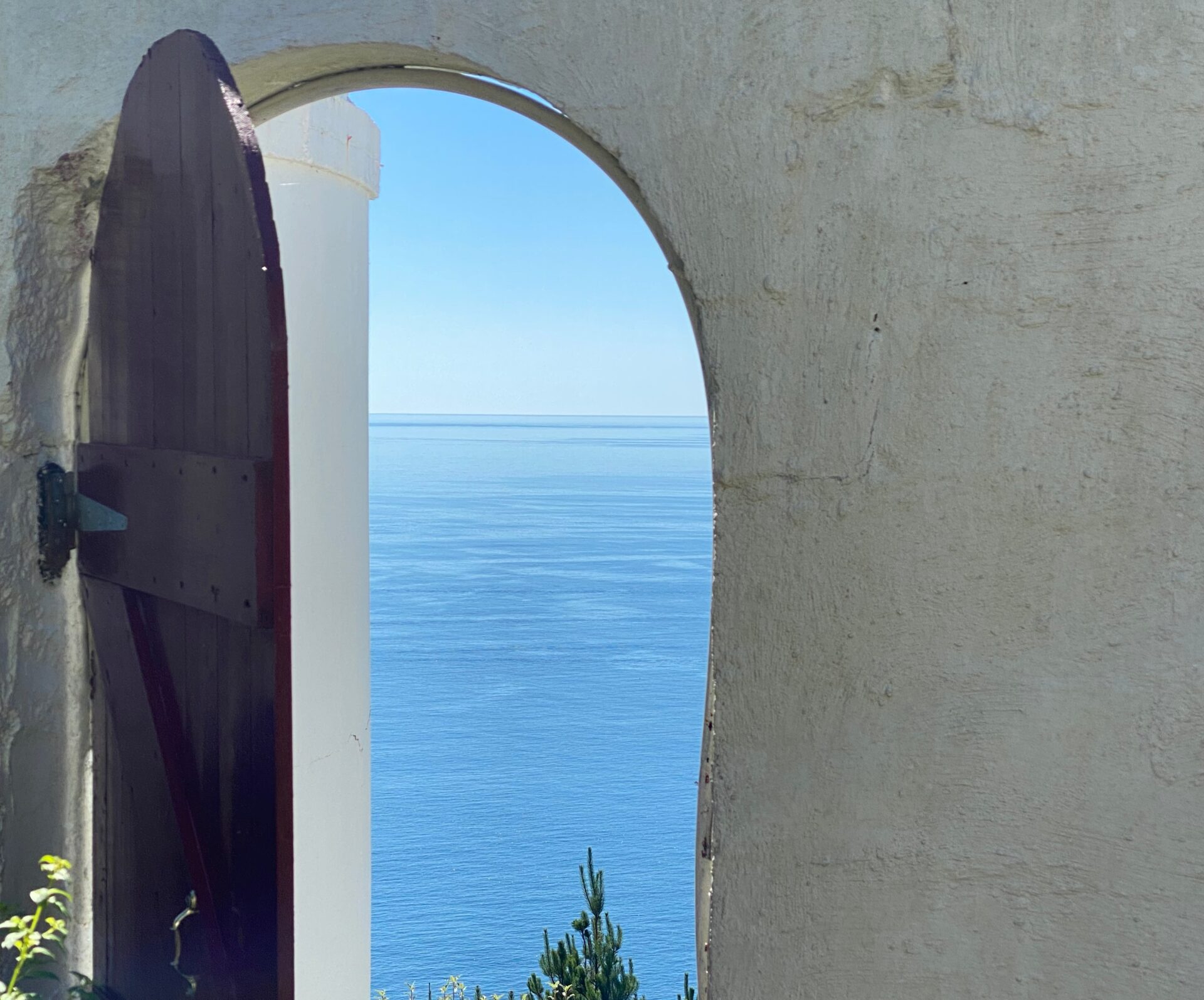Have you ever tried pulling on a door that can only be opened by pushing it? One feels frustrated or angry or just foolish until you understand your mistake, push gently and see it open effortlessly. All the force and anger expended on trying to compel the door to act against its nature, your will against its, all this wasted energy suddenly evaporates. You might even laugh at yourself (and we should).
That’s how we learn, by failure and feeling foolish so that we can see more clearly through the lens of failure. ‘O happy fault’ as we will sing at the Easter Vigil in a few weeks. Samuel Beckett’s famous quote about failure itself often fails to be understood. It could be our Lenten koan:
Ever Tried. Ever Failed. No Matter. Try Again. Fail Again. Fail Better
It may sound like an inspirational speaker’s ego-rousing, macho call to triumph saying, if you don’t give up, eventually you will beat everyone and succeed brilliantly. Beckett’s vision after World War II was darker than this. After the catastrophic failures of western civilisation to be civilised, life seemed to him as a tragicomedy ending in the inescapable failure of the body and mind in death. In a few weeks’ time Good Friday will support that. Our regression in recent years into a political culture of deception and brutal violence shows that sin is always making a comeback. Failure is a constant companion, so don’t trust the pride that accompanies success. Nevertheless, even in this dark vision, or perhaps only in it, there is an inextinguishable light of hope.
Returning to the present will always restore it. As Maria and Albert our coordinators in Ukraine said, ‘We are in a war. Now is the time to meditate’. The contemplative mind discouraged by failure is reactivated by contemplation. Seeing that, we understand the necessary role that contemplative wisdom and practice play in all human affairs. However much we fail at meditation it takes us deeper. Firstly, it allows us to respond rather than blindly react. Remember how effortlessly (or with minimum pressure) the door opens when it is invited to do so according to its true nature. How resistant and negative it seems when we use unnatural force.
It is like ringing the gong at meditation. Some people attack the bowl it as if it were a call to battle. There is a 15-minute video showing a zen monk gently showing how to ‘invite the bell to sound’. Non-violence in our personal lives – and everywhere and everywhen – begins with how we pray. How we pray is how we are (whether we call it ‘prayer’ or not). Are we pushing against the door of God, setting our will and identity against His or are we allowing the door of metanoia to gently swing it open?
The sweet point between pushing and pulling is the stillness of the present.





